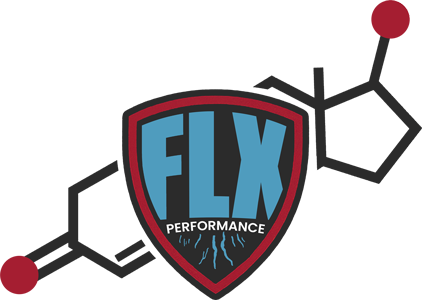FAQ’s
Frequently Asked Questions
Testosterone is the primary male sex hormone, although it's also present in women, albeit in much smaller amounts. Produced primarily in the testicles, it plays a crucial role in the development and maintenance of male characteristics.
Key Functions of Testosterone:
- Sexual development: It's responsible for the development of male reproductive organs and secondary sex characteristics like facial hair, deep voice, and increased muscle mass.
- Bone and muscle mass: Testosterone helps build and maintain bone and muscle strength. 1. Testosterone therapy: Potential benefits and risks as you age.
- Red blood cell production: It stimulates the production of red blood cells, which carry oxygen throughout the body.
- Sex drive: Testosterone plays a significant role in libido or sex drive. 1. Testosterone and Sexual Desire:
- Sperm production: It is essential for the production of sperm.
Testosterone Levels:
- Men: Testosterone levels peak during puberty and gradually decline with age.
- Women: The ovaries produce a small amount of testosterone, which contributes to libido and other bodily functions.
While generally safe when prescribed and monitored appropriately, testosterone therapy may have side effects such as acne, fluid retention, or changes in cholesterol levels. Your nurse practitioner will discuss these risks and manage any issues that arise.


Nurse practitioners specializing in hormone therapy bring specialized knowledge and expertise to ensure safe and effective treatment. They can personalize your therapy plan, monitor your progress closely, and adjust treatment as needed to achieve optimal results.
Subscription-based payments provide a convenient and predictable way to manage the cost of ongoing hormone therapy. Patients can opt for a subscription plan that covers regular consultations, medication, and follow-ups, ensuring continuous care without unexpected expenses. Benefits include:
